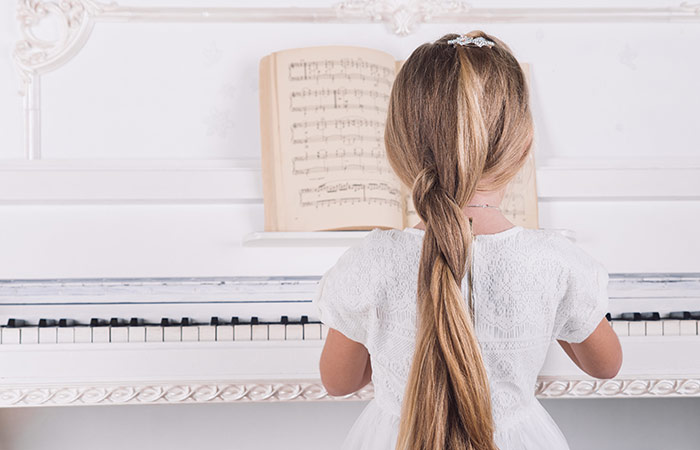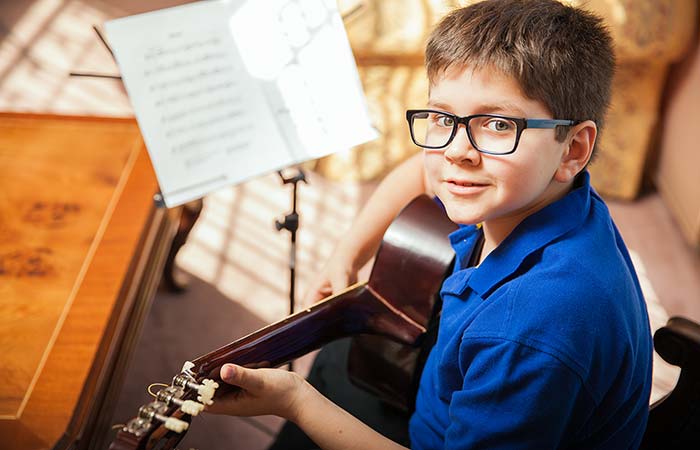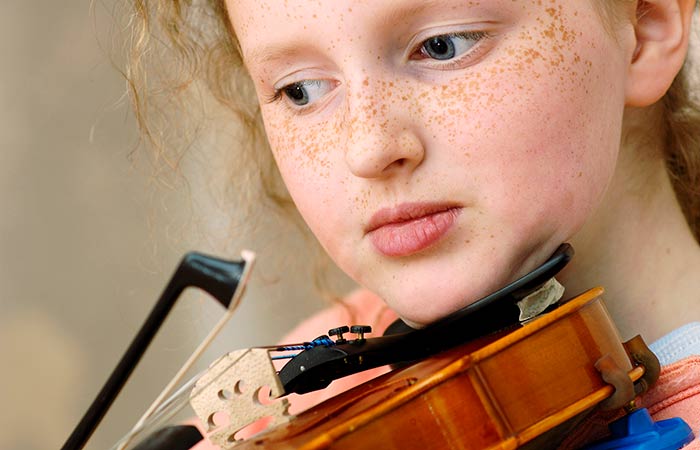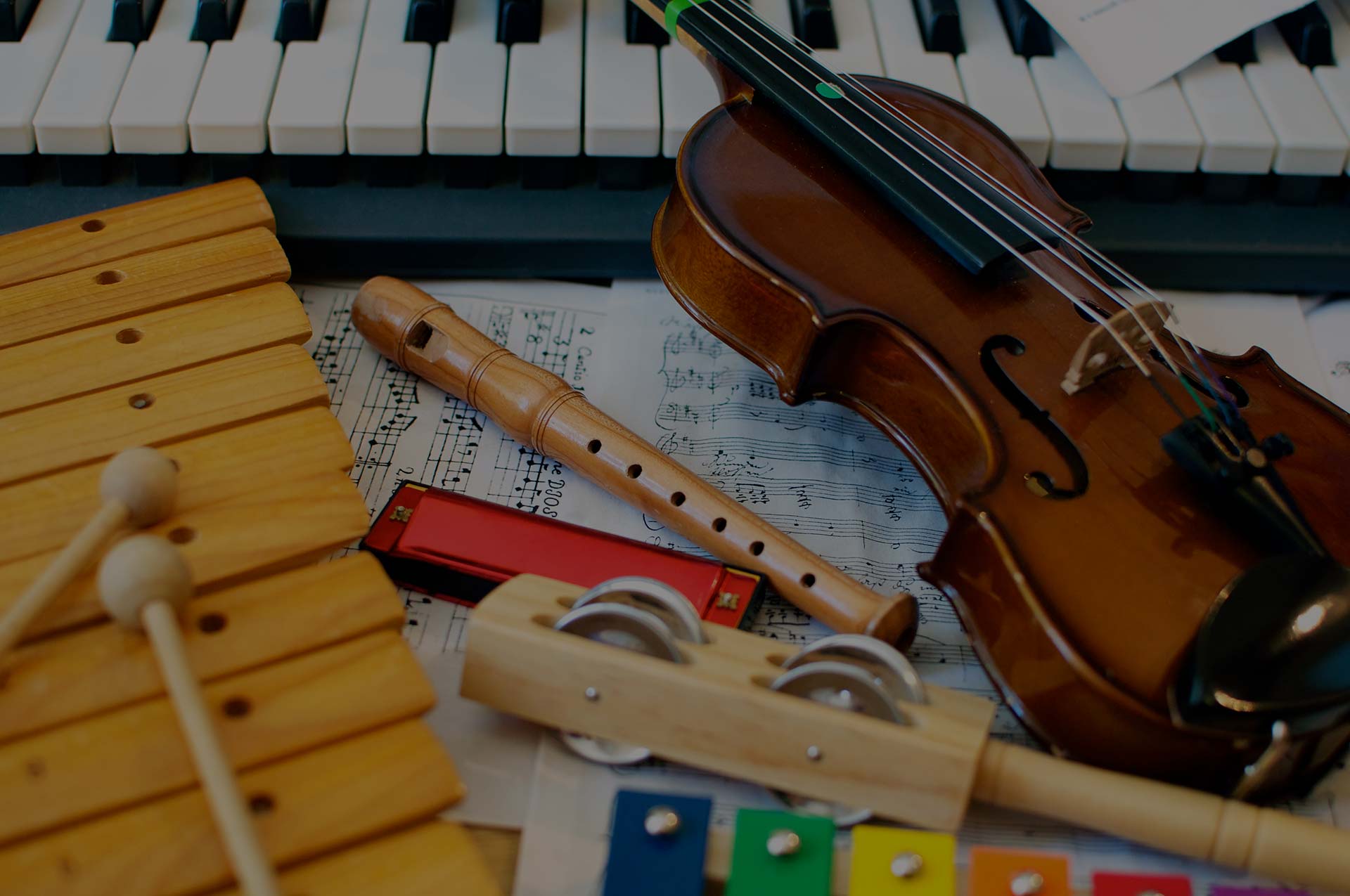Should my child study classical guitar before moving into electrical guitar?
This is one of those multi-faceted questions which doesn’t necessarily have a right and a wrong approach.There is also the theoretical approach which might or might not keep track of realities of life. The first line of inquiry would, in my opinion, be to ask the question of why is he interested in guitar. In other words, what is he aiming for with guitar involvement? If he, for instance, wants to be involved with a band that does worship songs for church or cover songs at clubs, he needs to get into electric guitar music ASAP. The technique or style linked to classical music is then not what he primarily needs. He needs to get into his intended style and get good lessons in that. If however, he wants to become a guitar maestro it would be better to start with classical training and then migrate to the other disciplines which might be applicable.
Because of the radical difference in instrument and technique, the option of doing the two styles simultaneously should also be investigated.
Classical guitar play uses hand and finger techniques to produce the requisite sound from the classical guitar, but the electric guitar uses electronic add-ons to produce the sound. Bending the strings is done not only by finger technique by literally bending the strings, but the electric guitar also has a bender (iron) attached to it. The electrical guitar differs from the broad-fretted classical guitar in quite a few aspects: The electrical guitar is smaller; it uses electronics to generate the required sounds and the use of foot pedals are quite common. There are electrical guitars which look more like an adapted classical guitar. In Stairway to Heaven, Led Zeppelin used 4 different guitars to do the guitar riffs, one being a double neck electric guitar.
My choice would be to do classical and electric guitar together. The classical guitar needs no electronics and can always accompany you for a practice session or some playing. The skills required for both are transferable.
I would not let my child first do the one type of guitar and then later the other, because in a certain sense the styles are too different and it would be difficult to integrate both styles at a later stage if they weren’t done together.
On the other hand, our own son did electric guitar first, and he did not appear to have a problem integrating the classical style at a later stage.
What does the child want to do?
That is probably the definitive question. If he wants to do classical guitar first, I would follow that first, and vice versa. It is the child that is going to put in all those hours of practice, and his choice in this matter is therefore of the utmost importance. Many musicians cannot do classical guitar, but they are wizards on the electric guitar equipment.
What I would do is to simply ensure that both types of equipment are readily available, and to motivate my child to do both styles. It will soon be evident which style gets the most attention, but even that can undergo dynamic changes. It is important to get lessons for both styles, and specifically jazz lessons if the child is to be proficient in jazz as well. Jazz is important as it introduces other pop genres and lays a good technical basis for all-electric guitar play. Jazz has a lot to do with playing by ear and improvisation, whereas classical guitar requires a lot of score reading. The same is true with classical and jazz piano. It is important in jazz that the student does group classes and regularly plays with others or in a band.
Classical guitar is an acoustic instrument, and primarily makes use of a written score.The electric guitar is an electric instrument and makes use of tablature and chords (and words of the song).There are many modern-day classical guitar composers that compose in the classical guitar genre. In-between the two guitar instruments you also get a guitar that is acoustic with steel strings, which could also be electric with an electronic pick-up head. You should have all three types of guitars at your disposal. The acoustic steel-string type is usually played with a hard pick, held firmly between two fingers, usually the thumb and the forefinger, but it can also be played by the rough part of your right-hand fingers. It is only the electric guitar with its add-ons that changes the sound. The acoustic guitars usually try to produce a true sound.
To truly become a maestro on the guitar means mastery of all guitar types and sounds. That would mean classical and jazz and electric guitar classes. Your child must be able to expertly play all types of guitar instruments, and be proficient in the different genres. The skills are fortunately transferable. Buy a good classical guitar, a good electric guitar plus add-ons and a good acoustic metal string. Start with classical and jazz guitar classes first and let the child’s skills develop. If your child should at some stage become a session guitarist, you couldn’t have given him a better start. He will be well and truly a guitarist definitely sought after.
The answer to the question posed at the beginning of this article is therefore answered with reference to the multifaceted character of guitar playing and the purposes to be achieved. It is clear that there are no simple answers, but remember it should always be fun and entertaining, and your child must feel he or she is progressing and is acquiring skills that will stand them in good stead for the rest of their lives. If they are diligent they can reach the top of the different styles, which is something very few people really achieve. It is from that position that things musically speaking are really starting to happen. If they would like to make a career of music, the groundwork has been done, and the sky’s the limit.








